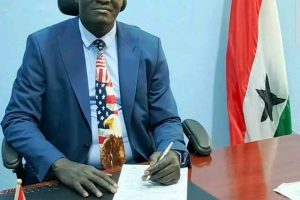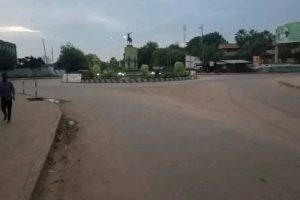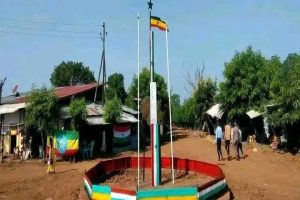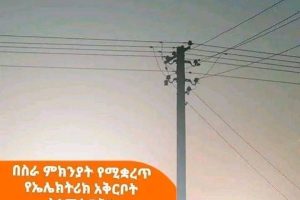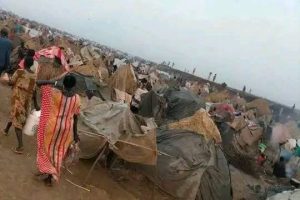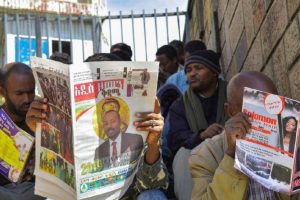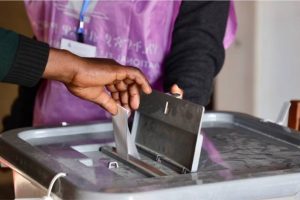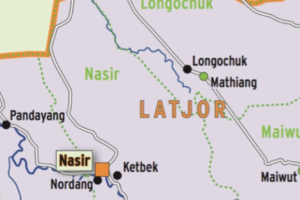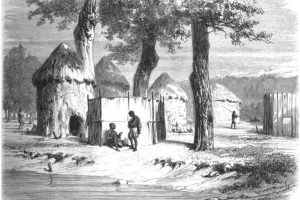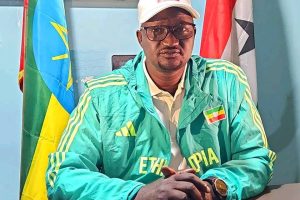The Revitalized Agreement on the Resolution of the Conflict in the Republic of South Sudan (R-ARCSS) is witnessing another violation as President Kiir is appointing ten state government officials who could not be appointed by him.
This would be the focus of this article to denote President Salva Kiir’s government’s additional gross violations of R-ARCSS content for appointing South Sudan ten state government officials who could not be appointed by him.
Early this week, started on Monday February 22, 2021 to be exact, South Sudan Broadcasting Corporation (SSBC) news anchors, have been so busy announcing, president Kiir appointment of State ministers, county commissioners, Advisors, and chairpersons for state commissions.
The president so far had appointed more than one hundred state government officials for four states out of the country’s ten states which include Central Equatoria, Warrap state, Western Bahr el Ghazal and Unity state.
The process is ongoing. Very soon, the trend will engulf all ten states in addition to three administrative areas. Below, is an implication of R-ARCSS engendered by the country president who chooses to violate the peace by appointing state officials who could not be appointed by him.
The article examines the R-ARCSS within the context of the South Sudanese president violation of the peace agreement. Such an act is deemed by many including this author as a clear violation of R-RCSS that stipulated “South Sudan should be governed on the basis of Federal Democratic system that reflects various institutions which guarantees good governance, rule of law and gender equity” where power is shared and devolved in the hand of ordinary citizens.
R-ARCSS does not point out that ten state Ministers, Advisors, commissioners and chairpersons for state commissions could be appointed by the nation’s president. President initiated State officials’ appointment as a mean to consolidate his power through many of these appointees ahead of the future endeavors.
It is a preparation to create loyalists who will keep him in power during the end of 36 months of transitional Interim period that will commence eight months after the signing of the R-ARCSS, where a democratic election will then be conducted 60 days before the lapse of the transitional period as the country ravaged by internal strife and undemocratic governance.
In fact, South Sudan needs institutional solutions that can provide conflict resolution and deepening of democracy. The concern that comes with the appointment is the distinction between the power of the governor and the powers of the presidency being exercised by the president himself,”
Since 2011 South Sudan government engaged in a process of ‘recentralization’ to create a strong executive model of government, which moved many powers from states to central government. State governors who supposed to be elected and removed from offices through the basis of adult franchise, were wrongfully removed by presidential Decrees. Public democratic participation where citizens can exercise their rights in voting officials in offices have generally not been realized leaving States and local county governments ineffective.
While revisiting R-ARCSS document, one found out president is only entrusted to appoint and preside over the swearing into office of the First Vice president, Vice President (s) ministers and Deputy ministers, Ambassadors, undersecretaries; and national government advisors; in accordance with the terms of the agreement leaving all state government officials’ appointments to be handled by the governors.”
The fact that democratic form of government that allows people to choose leadership which requires debate and compromise to satisfy the broadest public interests, leading to majority rule, advocate for fair and free elections, civic participation, human rights protections, and law and order is absent, Salva interfered in ten state affairs.
Whilst it is not very surprising that almost all South Sudanese, stakeholders to the conflict and commentators across South Sudan and beyond have expressed fervent hope, generous optimism and great expectations for peace and stability, given the intractability of the conflict in South Sudan.
It is equally important to undertake a timely analysis of the R-ARCSS specifically the possible and probable interplay of factors that may have implications for the success, or otherwise, of the peace agreement. The idea is always to systematically and constructively identify critical issues that may be pertinent to consider as all relevant stakeholders invest efforts towards peacemaking, peacekeeping and peacebuilding processes in the country. Another potential hurdle is the apparent lack of urgency, determination, political will and political commitment in implementing even the easier objectives of the peace deal.
One of the most frustrating phenomena in South Sudan’s conflict history has been the unwillingness of parties to peace agreements to implement what they agreed upon in good faith. Agreement is always implemented partially, selectively and lackadaisically, for obvious political reasons.
This a potential obstacle. A recent example is the announcement of Upper Nile state governor for one year and the delay of Security arrangement implementation.
Second possible obstacle to the implementation of the R-ARCSS may be the deep-seated mistrust and suspicion between and among the parties to the agreement, which cannot be masked.
Such antagonism can be understood, given the prolonged rivalry and unwillingness and unreadiness to work with one another. In this context, the parties to the R-ARCSS will inevitably suspect each other’s intentions, motives and behaviors, especially when it comes to the design, constitution and operationalization of historically controversial and politically sensitive provisions.
Hence, the way state governments are now established, give us a clear indication that Salva Kiir is working in that design. He is using Unitary System of government which has the highest degree of centralization.
In a unitary state, the central government holds all the power. Lower-level governments, if they exist at all, do nothing but implement the policies of the national government. In a purely unitary state, the same set of laws applies throughout the nation, without variation. Unitary states create national policy, which is then applied uniformly regardless of geographical location or government layers. Unitary government must overlook local differences that might call for different rules or policies.
It seems highly unlikely that South Sudan will implement a complete system of local governance any time soon, given that, States constitutions which are separate from the national government constitution are now null and threw into dustbin.
In summing, it is indubitable that Revitalized Agreement on the Resolution of the Conflict in the Republic of South Sudan (R-ARCSS) is witnessing another violation as the President has taken wrong stance in appointing ten state government officials who could not be appointed by him.
This act approved doubting Thomas (s) right for their prediction that State of South Sudan would be a failure in its uncertain tradition from a State of protracted civil war to statehood and nation building. One afraid Reform card advocates will succeed in their quest for such a demand.
Very Respectively
Lul Gatkuoth Gatluak
Lul is a political commentator: he could be reached at lu**********@***il.com, lg********@*****ne.edu or lu*********@***il.com
Like
Comment
Share


